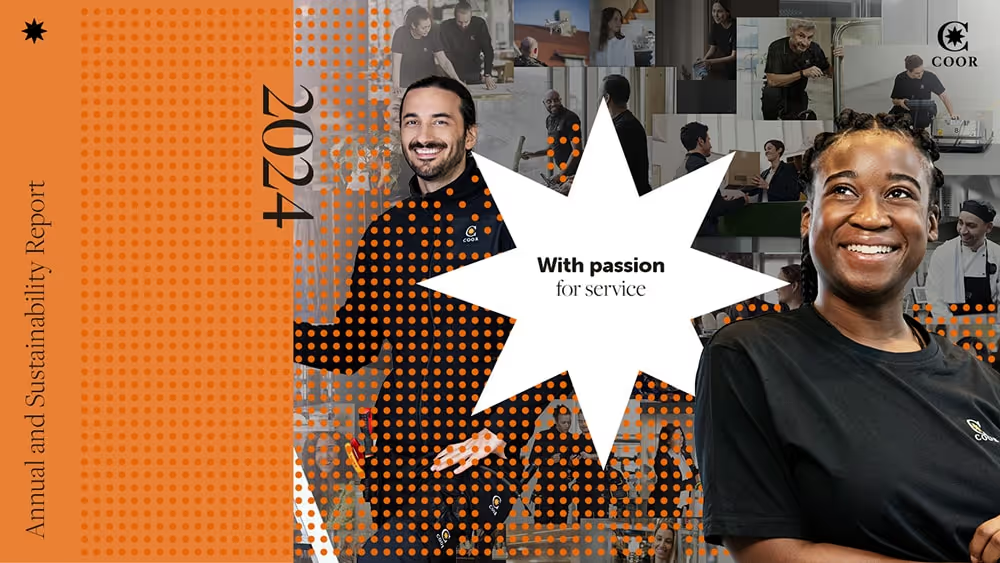Diversity builds Coor
Respect for the equal value and rights of all people is fundamental to Coor. We are convinced that a diversity of personalities, experiences and knowledge is enriching and that each employee should be treated respectfully and fairly regardless of gender, background or identity. At Coor, everyone should feel that they can be themselves.
For us, diversity is much more than just a word in a governing document. Among our employees we see a great ethnic and cultural diversity, which we are very proud of. Coor’s ambition is that its employees should reflect both its customers and society as a whole. We see diversity as enriching – with more perspectives we become better, more profitable and more responsive. The fact that Coor’s employees come from different backgrounds is a great asset; it increases our creativity and innovative power.
The facility management industry is in a better position than many others to employ those who are currently outside the labour market. A job is so much more than just a workplace; it provides a context and a community. At Coor we equip and help our employees to enter society in various ways, for example through internal language courses or training programmes. Diversity management is also important for Coor’s brand as an employer, for current as well as potential employees. People want to work for a company where they can be proud of the culture.

































